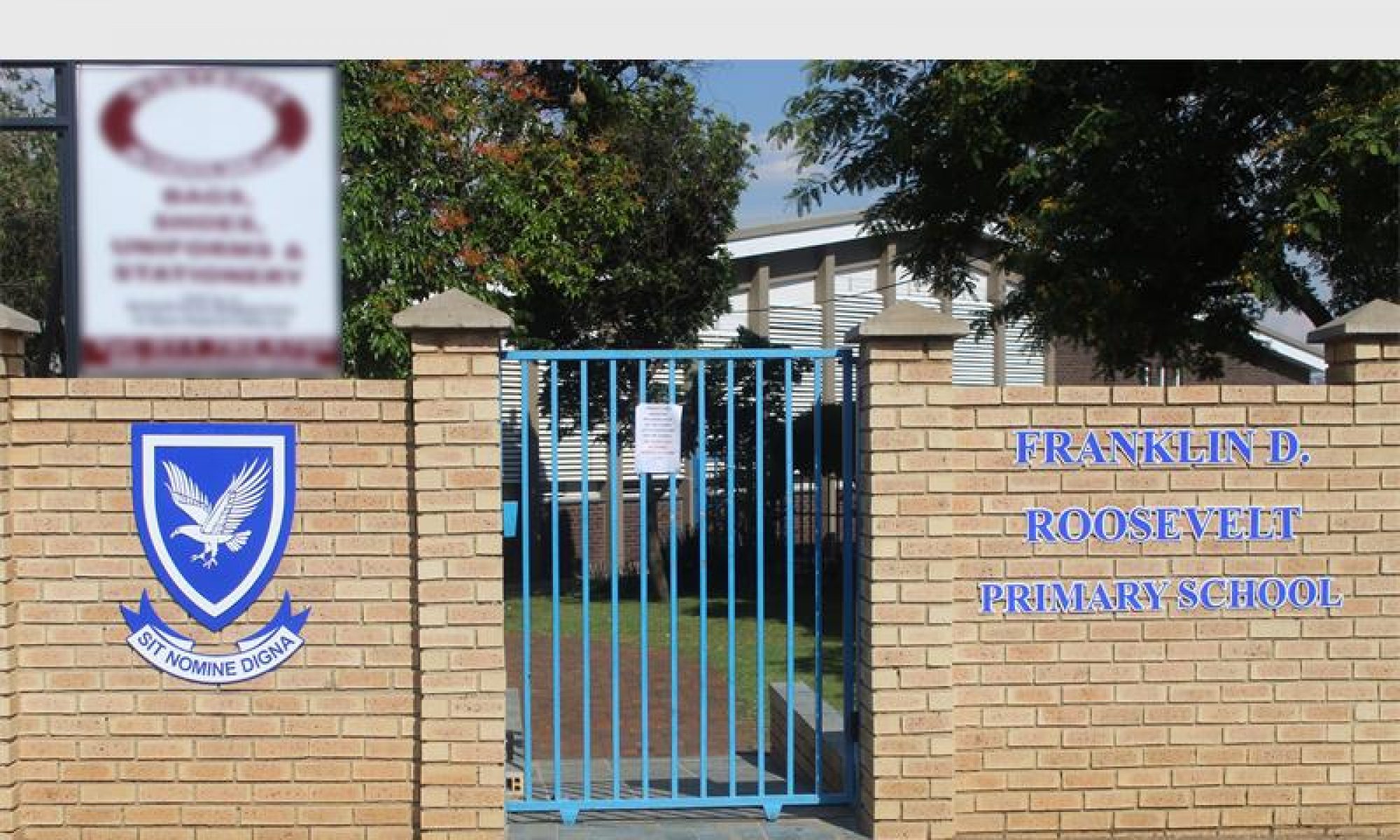FDR follows the CAPS (Curriculum and Assessment Policy Statement), as laid down by the Department of Education in the National Curriculum Statement. CAPS is an education system which takes place with prescribed content to be delivered and assessments to be carried out.
Within each Subject there are specific content areas that describe what KNOWLEDGE is to be assessed within a planned time frame.
Parents may see these listed on various documents, such as the Assessment Plan and some of the worksheets that the learners are given. An Assessment Plan is handed out to learners in the first week of each new term.
The ASSESSMENT PLAN is a summarised table of activities that the learners are required to complete each term. This serves as a guide to the teacher as well as the learner and parent as to what may need to be researched and worked upon during each term.
Such a guide is not intended as an accurate plan of the work to be covered on a weekly and termly basis – delays do occur which may cause the teacher to fall behind; this is not a cause for alarm on the part of parents or guardians.
Continuous assessment takes place on an ongoing basis and all work done in class and at home is assessed by the teacher. At times, learners may be called upon to assess their own as well as peers’ work – this is known as self and peer assessment. The teacher may even ask that parents or guardians assess work done.
In the InterSen Phase (Grades 4 – 7), tests are set at times within a term. These tests form part of what is called Formal Assessment. At least one set of tests will be timetabled formally, towards the end of each term. Exams are written in June and December.
Foundation Phase tasks are set on a continuous basis throughout the term.
Learners receive a progress report card at the end of each academic term.
HOMEWORK:
This aspect of learning is becoming increasingly problematic for both teachers and learners at all schools. The incidences of learners refusing to do homework are growing steadily in many of the schools.
It would appear that many parents view homework as an intrusion in their own lives and feel that they should have nothing to do with it. This lack of parental support leads to a breakdown in working relationships amongst teachers, learners and parents.
Homework is an integral part of a child’s education, preparing them for situations later on in life where study skills, useful in full and part-time study and distance learning, may be needed.
Parents and guardians are asked to take a keen interest in their children’s homework and to assist particularly in the learning of reading and basic mathematics.
Children generally are not able to sustain this on their own and need to have a watchful and guiding parent to supervise homework and study. Basic reading skills are enhanced in Grades R – 3 through the paired reading method. Older children need to sit with someone who is able to listen to their oral reading and correct mistakes made.
Basic Mathematics includes the learning of tables and bonds. Children at FDR are not permitted the indiscriminate use of calculators in class and in tests. Parents are asked to assist their children in the learning and assessment of tables and bonds. Please approach the teacher(s) for advice in this regard.Education is the responsibility of all role-players, not only that of the school.
We at FDR urge all parents to become a partner in their children’s education by assisting us in getting children to complete their homework.

Franklin D Roosevelt Primary School
Smart delivery of quality primary education in Gauteng.